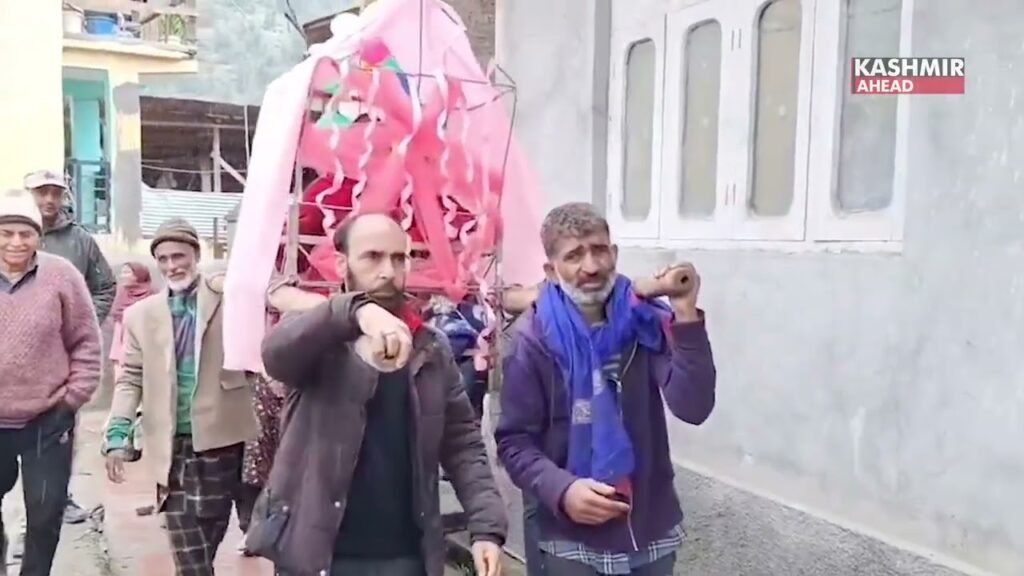In the scenic district of Udhampur in Jammu & Kashmir, the electoral process has taken a commendable leap forward in inclusivity and accessibility. A novel initiative named the “Pink Polling Booth” has been introduced, integrating advanced methods to ensure every voter’s right to participate in the democratic process is upheld, especially focusing on the elderly and disabled. The Pink Polling Booth is not just a regular voting station. It’s a beacon of modern democratic practices, designed to resemble a miniaturised printing press—a metaphor for the replication of voices and choices. This setup symbolises the printing of each individual’s vote, reinforcing the value of each ballot cast. One of the standout features of the recent election in Udhampur is the introduction of the “Palki system.” This thoughtful innovation was tailored for voters who are physically unable to reach the polling stations on their own. The Palki system offers a practical solution by providing transportation to such individuals, ensuring their participation in the electoral process is not hindered by mobility issues. The impact of this system was vividly illustrated during the elections when an elderly woman, aged over seventy and unable to walk, was brought to the polling station using the Palki system. This service, which had been observed and appreciated by many, reflects a significant advancement in voter assistance. It underscores a societal commitment to inclusivity, ensuring that senior citizens and disabled individuals receive the support they need to exercise their voting rights. The introduction of specially designed seats at polling stations further demonstrates the thoughtful integration of accessibility into the electoral process. These seats are particularly beneficial for those who face difficulties in standing for prolonged periods, thus providing comfort and convenience while they cast their votes. The positive feedback from the community and the close attention of the press suggest that the Ping Polling Booth and the Palki system have set a new standard for electoral processes. It’s clear that such initiatives not only enhance the practical aspects of voting but also enrich the democratic spirit by fostering an environment where every vote is valued and every voter is respected. Looking ahead, the success of these innovations in Udhampur sets a promising precedent for other regions. The continued adoption and refinement of such systems can significantly impact voter turnout and participation, especially among those who might otherwise be excluded due to physical limitations. The Udhampur elections have showcased how integrating thoughtful, accessible practices into the electoral process can dramatically enhance democratic participation. By continuing to develop and implement such initiatives, we can look forward to a future where every citizen is assured the opportunity to vote, regardless of their physical capabilities. This commitment to inclusivity not only strengthens democracy but also reaffirms the essential principle that every voice matters.
Add A Comment



